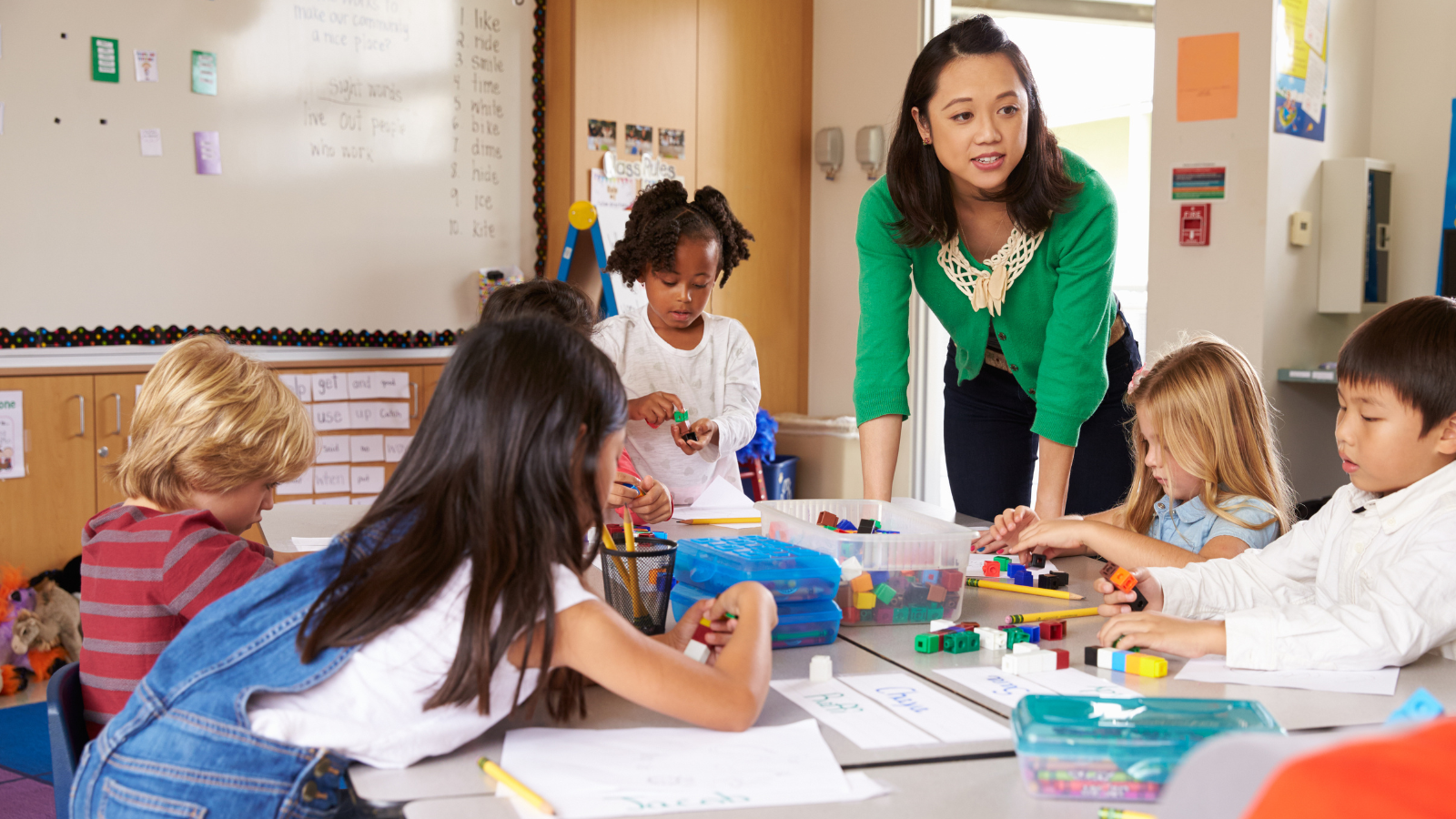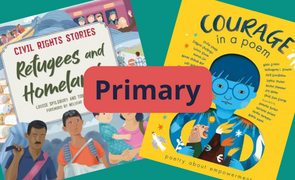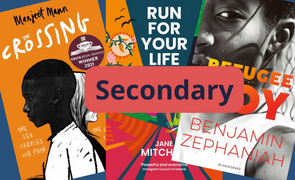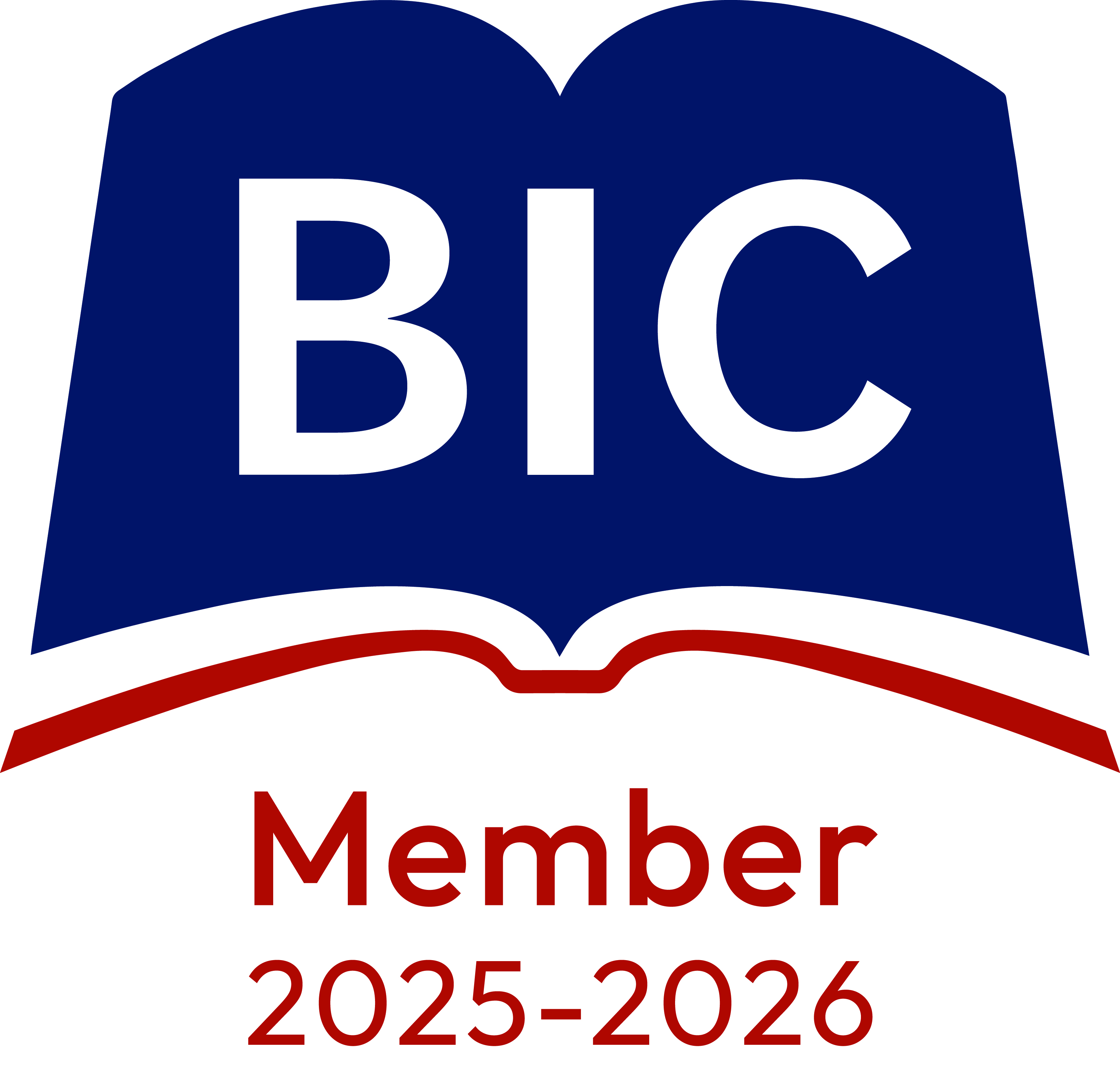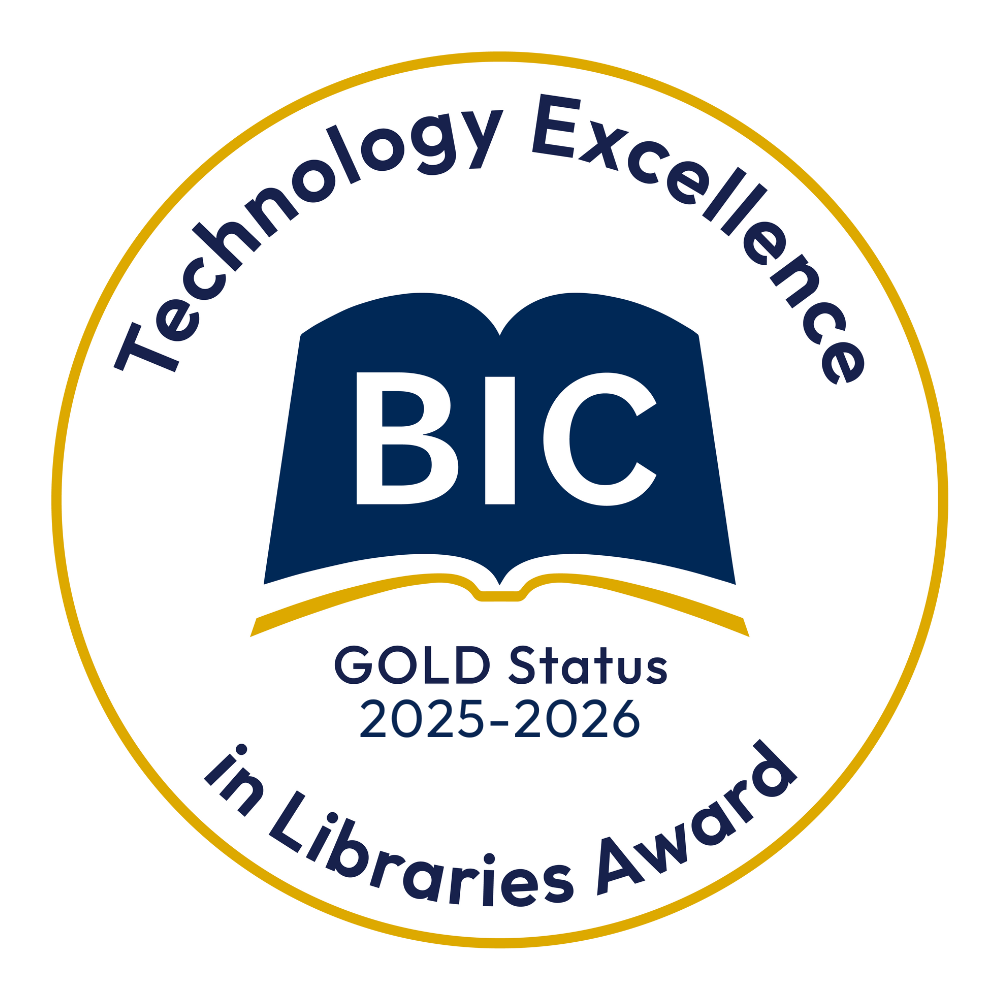For help, advice and telephone ordering call our team on 0121 666 6646
Are you sure you wish to delete this basket?()
This action cannot be undone.
Sorry, something went wrong
Please report the problem here.
How to provide inclusive education to integrate refugee and migrant pupils
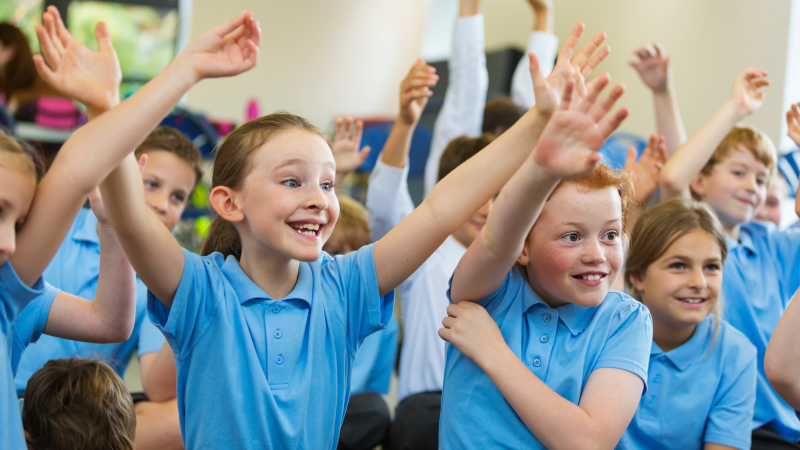
September 27th 2022
Teachers who have been working hard to integrate a growing number of migrant pupils in their classroom now face an even bigger challenge, as the number of refugee children who need inclusive education is set to increase again. With many refugees fleeing to the UK from Ukraine and Afghanistan, school populations are becoming increasingly diverse. Now, new research suggests that integration strategies that reflect this can help immigrant children to settle in and feel a sense of belonging. We take you through some ways you can help, including our recommendations for children's books about diversity.
What support do teachers need to integrate refugee and migrant pupils?
Researchers from Manchester Metropolitan University have found that as diversity increases, schools need to provide inclusive books and education that nurtures cultural diversity and ensures equal outcomes.
Recommendations about how schools can integrate refugee pupils have been published in a policy brief as part of the Migrant Children and Communities in a Transforming Europe (MiCREATE) project. The report says that as teachers educate more migrant children from diverse backgrounds they need continuing professional development to ensure they have the knowledge and skills for supporting EAL pupils inside and outside the classroom.
Funding to help migrant pupils learn English has been cut in recent years, so the cost of settling in pupils comes from school budgets, limiting the support available. The MiCREATE report says that more funding is needed to ensure schools with a large intake of migrant pupils have adequate resources to help them quickly reach their potential.
What challenges do migrants face in UK schools?
Migrant pupils face many challenges as they adapt to a new country, language and way of life. Many have experienced trauma, loss and deprivation. They often speak little English and are unfamiliar with the teaching, learning and cultural aspects of school life. Arriving part way through a school year can also make fitting in more difficult. Teenage migrants, in particular, often struggle to learn English as an Additional Language (EAL) and can face disadvantages as they struggle to gain qualifications.
According to a report by the National Institute of Economic and Social Research, many migrant pupils said they felt nervous starting school as they didn’t understand what was expected of them or what was being said. Primary school pupils said they worried about what to do in lessons and the equipment needed while secondary pupils were concerned about timetabling and handling a range of subjects. Children of both age groups said that making friends was a priority.
Having diverse books helps migrant pupils feel included and non-migrant pupils to understand the experiences of their classmates, which may include escaping war. Non-migrant pupils also need support to overcome language barriers and cultural differences.
How primary school teachers can implement inclusive learning for migrant pupils
Get to know them as individuals – Migrant and refugee children are diverse and from different backgrounds, often with limited financial means, so they need individual assessment and tailored support. Ask about their likes and dislikes, interests and experiences. Get to know them and encourage pupils to do the same.
Identify learning needs – Identify their English as an Additional Language (EAL) and other learning needs to help them quickly adjust to school life. Supporting EAL pupils could mean one-to-one support and tuition, ideally through breakfast or after-school clubs.
Don’t underestimate them – Migrant and refugee children may have been high achievers in their own countries and their level of English literacy may not reflect their overall capability.
Embrace technology – Technology, such as Google Translate, lets pupils easily translate during class to assist with developmental reading and writing.
Get creative – Use picture books to tell complex stories and encourage participation in dance, drama, art and music. Creative subjects can be a welcome relief from using words and an opportunity for non-English speakers to shine.
Represent them – Ensure migrant pupils can see themselves in the books they read. Choose topics to reflect their cultural identities and experiences to build their confidence and sense of pride in their home countries while offering valuable learning opportunities for their classmates.
Encourage collaboration and friendship – Enable migrant and refugee children to work together to share their home language and experiences. This could mean buddying up children in class or at playtime. To encourage new friendships, avoid grouping all EAL pupils together all the time.
Extra-curricular activities – Migrant children may be less motivated to integrate, so introduce book clubs and activities to engage them.
How secondary school teachers can implement inclusive learning for migrant pupils
Exam help – Migrants and refugees who arrive as teenagers may struggle to learn English to the level required to pass exams. This has implications for post-16 academic or vocational study so they may need extra support, including careers guidance, to avoid the risk of low-skill employment and social exclusion.
Mentoring and peer support – Offer mentoring by teachers or pupils to improve migrant pupils’ confidence, ensure their wellbeing and help them learn. Pupils of the same age can be paired for classroom and whole-school support in the early weeks of joining. Buddy schemes can help migrant pupils make friends quickly and equip non-migrant pupils with important life skills. Young interpreter or young ambassador programmes can support new pupils with little or no English.
Language clubs – Encourage migrant pupils to speak and develop their home language.
Extra-curricular activities – The Duke of Edinburgh’s Award scheme or drama, music, sports or arts events can help migrant children learn new skills and gain confidence and help non-migrant pupils become more aware of these children’s experiences.
Digital media – Support migrant and refugee pupils to improve their digital literacy and safely navigate digital technology and social media by sharing books that explain topics like cyberbullying and fake news.
Careers advice – Provide guidance as early as possible with the support of parents.
Our diverse book recommendations for children’s books about diversity
Our curriculum specialists have put together a collection of diverse book recommendations for primary and secondary readers to help teachers with supporting EAL pupils and migrant pupils. For bespoke recommendations and guidance, contact us.


